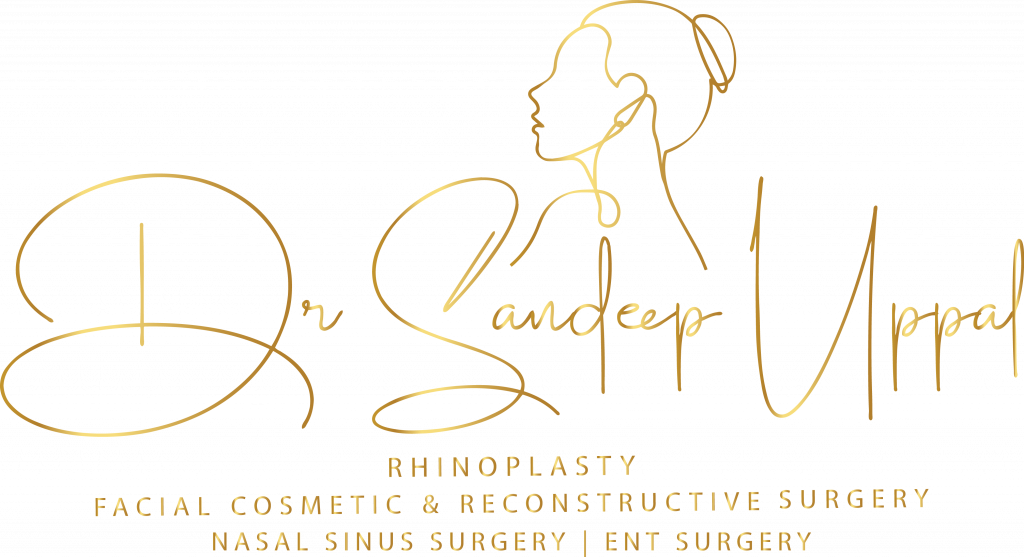TINNITUS AND ITS MANAGEMENT
Tinnitus is a condition characterized by the perception of noise or ringing in the ears when no external sound is present. It can manifest as ringing, buzzing, hissing, whistling, swooshing, or clicking. Tinnitus isn’t a disease itself — it’s a symptom of an underlying condition, such as age-related hearing loss, ear injury, or a circulatory system disorder.
For those experiencing tinnitus, it can range from a minor nuisance to a significant issue that affects daily activities and quality of life. While there’s no cure for chronic tinnitus, there are various ways to manage the condition.
DIAGNOSIS
For patients presenting with tinnitus, particularly unilateral tinnitus (occurring in one ear), Dr Sandeep Uppal and his team at The ENT Clinic consider the possibility of a tumour as an underlying cause. A meticulous medical history and a thorough physical examination are the cornerstones of effective diagnosis.
MEDICAL HISTORY
Type of Tinnitus
Determining whether the tinnitus is pulsatile or non-pulsatile, and whether it’s occurring in one or both ears, is critical for understanding the possible underlying cause.
Onset and Duration
The team will inquire about how suddenly or gradually the tinnitus started, as sudden onset could point to different causes than a gradual onset.
Associated Symptoms
Questions about other symptoms like hearing loss, vertigo, or imbalance can give clues about the nature of a possible tumour.
Previous ENT Problems
A history of ear infections, surgeries, or other ENT issues may be relevant.
Family History
A family history of tinnitus, hearing loss, or benign tumours like acoustic neuroma could be significant.
Medication History
Some medications are ototoxic and can exacerbate tinnitus or even contribute to tumour growth.
Lifestyle and Occupational Factors
Exposure to loud noises, smoking, or alcohol use can be pertinent information.
PHYSICAL EXAMINATION
Otoscopy
Examination of the ear canal and eardrum to rule out simpler causes like earwax impaction, infection and middle ear conditions like cholesteatoma.
Neck and Jaw Examination
Palpation of the neck and jaw areas can sometimes reveal abnormal masses that might be causing tinnitus.
Hearing Tests
Pure-tone audiometry is performed to determine any hearing loss, which often accompanies tumours like acoustic neuroma.
Tympanometry
This test evaluates the function of the middle ear, providing insights into pressure changes behind the eardrum.
Blood Pressure
High blood pressure can cause or exacerbate tinnitus, so it’s a standard part of the physical exam.
Vestibular Tests
If there are symptoms of dizziness or imbalance, tests may be performed to evaluate the vestibular system.
Auscultation
In cases of suspected vascular tumours, a stethoscope might be used to listen for abnormal blood flow in the neck or temporal area.
Throat examination
This helps to confirm palatal myoclonus.
For suspected tumours, additional diagnostic tests like MRI or CT scans are typically ordered. In some cases, a biopsy may be recommended. Angiography is used for vascular tumours to understand the blood supply to the tumour.
Through a detailed medical history and comprehensive physical examination, Dr Sandeep Uppal and his team at The ENT Clinic aim to diagnose the underlying causes of tinnitus, including tumours. Their commitment to thorough evaluation ensures that each patient receives the most effective and individualised care possible.
MEDICAL MANAGEMENT OF TINNITUS
Tinnitus can be a debilitating condition that significantly impacts a person’s quality of life. While there is no definitive cure, various medical management strategies can help alleviate the symptoms.
PHARMACOLOGICAL TREATMENT
Vasodilators
Drugs like Ginkgo Biloba, a herbal remedy, is occasionally used.
Corticosteroids
Oral or injectable forms may be used in cases of sudden-onset tinnitus, often associated with hearing loss or an inflammatory condition.
Intratympanic Injections
Steroid injections directly into the ear are sometimes considered for severe tinnitus, although this is generally a second-line treatment.
Botulinum Toxin Injections
Antidepressants
Medications like Amitriptyline or Nortriptyline are sometimes prescribed for tinnitus, particularly if depression or anxiety co-exist.
Antianxiety Medications
Benzodiazepines like Clonazepam can sometimes be used on a short-term basis to alleviate tinnitus.
NON-PHARMACOLOGICAL TREATMENT
Sound Therapy
White noise machines, tinnitus maskers, or hearing aids with a masking function can help drown out the tinnitus sound.
Cognitive Behavioural Therapy (CBT)
This psychological treatment aims to change the way a person thinks about their tinnitus so that it becomes less bothersome.
Biofeedback and Neurofeedback
These therapies teach patients how to control physiological functions that may exacerbate tinnitus.
Tinnitus Retraining Therapy (TRT)
This involves a combination of sound therapy and counselling to help people become less aware of their tinnitus.
Mindfulness and Relaxation Techniques
Methods like deep breathing, progressive muscle relaxation, and mindfulness meditation can help manage the stress and anxiety associated with tinnitus.
MONITORING AND FOLLOW-UP
Regular Audiology Tests
To monitor any changes in hearing levels or tinnitus intensity.
Medication Reviews
To adjust dosages or switch medications based on efficacy and side effects.
Lifestyle Counselling
Advice on avoiding triggers like loud noises, and managing stress and diet to reduce tinnitus symptoms.
Patient Education
Providing comprehensive information on tinnitus management, including the use of hearing protection and stress management techniques.
SURGICAL MANAGEMENT OF TINNITUS
While medical management is often the first line of treatment for tinnitus, surgical intervention may be considered in certain cases.
TUMOURS
Microsurgical removal is performed for benign tumours like acoustic neuromas and glomus tumours.
CHRONIC EAR INFECTIONS
Persistent middle ear infections and cholesteatoma that contribute to tinnitus may require surgical intervention. Tympano-mastoid surgery to remove infected tissue and improve drainage may be performed.
OTOSCLEROSIS
This is a bone growth disorder in the middle ear which can cause tinnitus and may be treated surgically. Stapedotomy/Stapedectomy, a surgical procedure to replace the stapes bone in the middle ear can be performed.
EUSTACHIAN TUBE DYSFUNCTION
Eustachian Tube Balloon Dilation, a minimally invasive procedure where a balloon is inserted into the Eustachian tube and inflated to improve function of the eustachian tube.
VASCULAR CONDITIONS
Abnormal blood vessels causing pulsatile tinnitus may require surgical correction. Glomus tumours of the middle ear and carotid body tumours fall in this category. Endovascular surgery techniques such as coiling, or embolization may be used.
PALATAL MYOCLONUS
Rarely, a surgical approach like sectioning the levator veli palatini muscle may be considered.
SILENCE THE RINGING WITH OUR TINNITUS SOLUTIONS
Are the constant sounds of tinnitus ringing in your ears? Dr Sandeep Uppal and the team at The ENT Clinic are here to help. We understand the buzz, hum, or hiss of tinnitus can be more than just annoying—it can impact your life.
With our personalized and comprehensive care, we aim to do more than just treat the noise. We focus on reducing the impact of tinnitus on your day-to-day life, offering a variety of treatment options, including surgical solutions when needed.
Don’t let tinnitus dictate your life’s rhythm. Get in touch with Dr Sandeep and our ENT specialists for care that’s attuned to your needs. Together, we’ll strive to improve your quality of life and bring back the sound of silence.
Start your journey to better hearing today. Book your appointment with us or chat with us on WhatsApp.


